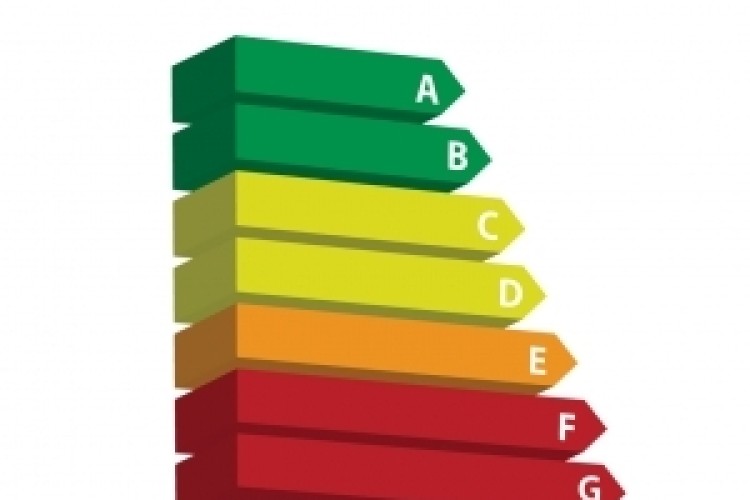The government is consulting on proposals that could see the requirement for display energy certificates (DECs) for 54,000 public buildings in England and Wales abolished.
Since 2008 all public buildings over 1,000m² have been required to have a DEC that shows the energy performance of the building based on its annual energy consumption and the CO,, emissions that result from that energy use. Buildings with a total floor area of between 500m² but below 1,000m² are required to have a DEC renewed every 10 years.
In a new consultation paper, the Department for Communities & Local Government said that it was considering removing the legal requirement for DECs in public buildings such as town halls, swimming pools and schools.
The government suggests DECs could be abolished on the basis that current regulations go beyond what is required under EU legislation.
The consultation paper says: “We are seeking views on whether, to what extent and how the requirements of the display energy certificate regime may be altered to fully meet the requirements and aims of the Energy Performance of Buildings Directive whilst minimising unnecessary costs to hospitals, libraries, local authorities and other public sector bodies (and thus ultimately the tax-payer).”
However, the consultation also acknowledges that the DEC regime has had benefits. It cites a government study showing that, between 2008 and 2009, energy consumption fell two percentage points more in public buildings with DECs than comparable private sector buildings.

John Alker, acting chief executive of the UK Green Building Council UKGBC), said: “Any suggestion of scrapping DECs for public buildings simply beggars belief. Government time and again trots out the mantra of not ‘gold-plating’ EU requirements to minimise administrative costs, but completely misses the potential benefits that going further offers.
“There are clear examples – including the Department of Energy & Climate Change’s own headquarters – where DECs have helped public bodies to reduce their energy use and slash bills by an amount that hugely outweighs the administrative costs.”
UKGBC pointed out that when the Department of Energy & Climate Change (DECC) moved into new headquarters at 3 Whitehall Place in 2008 it received a ‘G’ rated DEC – the lowest category. By 2012 it had improved this to a DEC rating of ‘C’. The department estimated at the time that it had saved £156,000 in 2011/12 on energy bills.
“Rather than rowing back on DECs, government needs to ensure they are better enforced, with a view to extending them beyond public buildings,” Mr Alker said.
UK Green Building Council is an industry campaign group whose members include several leading contractors, developers, clients, consultants and materials suppliers.
Got a story? Email news@theconstructionindex.co.uk



